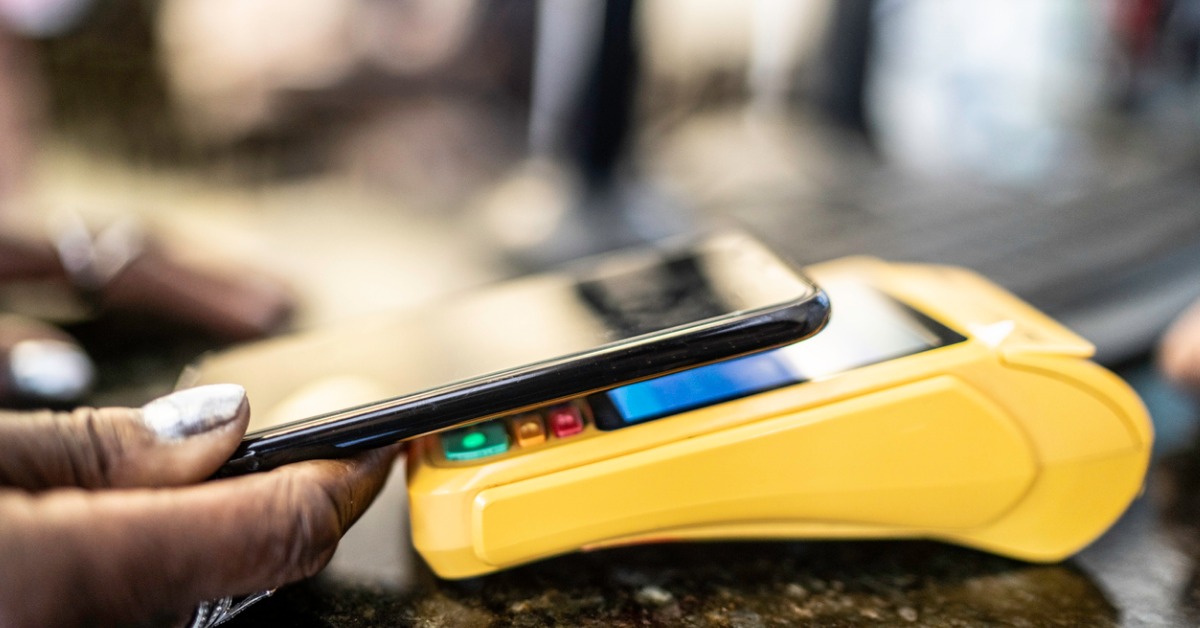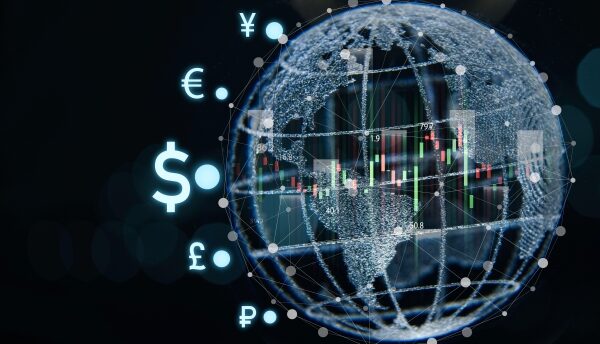
By Joseph Neu
As part of our ongoing experimentation with new virtual formats, the NeuGroup for Retail Treasury pilot “meeting” was made into a series of Zoom sessions over the course of about six weeks, concluding this week. This group was launched in partnership with Starbucks Treasury on the member side and sponsored by U.S. Bank.
Here are my key takeaways as a wrap up to the series:
Covid-19 divides into haves and have-nots. Retail and other consumer-facing businesses, such as quick-serve restaurants, represent a sector of haves and have nots.
The haves:
- Those deemed essential businesses that could remain open during the Covid-19 lockdown
- Those that were prepared to offer/ramp online offerings as well as
- Those that provided out-of-store delivery, including curbside pick-up or drive through are the more likely haves in this sector.
The have-nots:
- Pretty much everyone else.
Protests prompt fast-changing norms. In a session that happened to fall on Juneteenth, weeks after a session where a member in the Twin Cities shared his perspectives on the situation there, we took a good portion of our exchange on regulation and business norms to discuss an entirely unexpected crisis. We discussed how the retail sector, being consumer-facing and with storefronts made part of the protests, was confronting a crisis brought about by racial trauma and a lack of respect being shown for Black lives.
- Underscoring the pace of change in business norms, the focus shifted from Covid-19 to racial justice and equity in a period of two weeks.
It was a fitting way to celebrate Juneteenth, however.
- Several members attending also joined on what was a company holiday for them (a new holiday can be decided upon in days).
- All spoke to what their companies have and will continue to do to show their commitment to, as one company noted: “to standing with Black families, communities and team members and creating lasting change around racial justice and equity.”
- All also will be building on their foundations of diversity and inclusion to make what one member of color noted she hopes will be sincere actions to create lasting change.
Payments at the point of sale are problematic. In the US, in particular, the payment situation at the point of sale is a huge problem and Covid-19 has laid that bare.
- The problems start with interchange fees in this country that have not kept pace with digital forms of payment
- They actually dissuade merchants from accepting contactless forms of payment, including the safest form using smartphones with biometric identify verification.
As a result, the US has seen growth in contactless forms of payment rise to 4%, from 0.4% in the last 18 months, while the rest of the developed world is growing it to over 50% of face-to-face transactions.
- While members report that electronic payments are growing, including contactless, as a result of Covid-19, the cost involved in processing such payments is also a growing concern.
Cash transactions, meanwhile, have been hampered, at a time when customers are returning to in-store purchases, by the disruptions of coins in circulation. This is due to so many stores being closed in lockdown, coin recycling machines being turned off, and consumer reluctance to return to stores and use unhygenic cash and coin as payment.
- Without the ability to make change–given the cost of electronic payments on small-ticket sales and the number of customers who prefer or can only pay in cash– stores processing face-to-face payment at the point of the sale have had to scramble to cope with yet another issue detrimental to their business.
- The state of play in the US with point-of-sale payments is an embarrassment and we should all do more to ensure that we don’t let it stand as it does.


